Thelyphonida is an arachnid order comprising invertebrates commonly known as whip scorpions or vinegaroons . They are often called uropygids in the scientific community based on an alternative name for the order, Uropygi . If you get a tailless whip scorpion, they can be up to 101 mm . This means you should provide your pet vinegaroon with a tank or terrarium at least 300 mm long, 450 mm tall, and could usually hold 19 liters . Reptile and amphibian food should be varied, which is why we offer an array of feeder insects for sale. It's always far more cost effective to buy feeder insects in bulk, which often saves up to 70% off pet store prices.
Plus, the feeders are delivered right to your doorstep. We offer live crickets for sale, as well as dubia roaches, mealworms, wax worms, nightcrawlers, and now even lizards, all at the lowest possible prices. Our reptile and amphibian feeder insects and lizards include a guarantee of live arrival. We offer live crickets for sale, as well as mealworms, wax worms, nightcrawlers, and now even lizards, all at the lowest possible prices. The male secretes and transfers a sperm sac into the female.
She carries the eggs internally for several months and then lays 30 to 40 eggs in a fluid filled sac held under her abdomen. She remains in her burrow holding the egg sac off the ground for an additional two months. The mucous membrane helps preserve moisture, allowing the eggs to develop. The young are white in color when they hatch from the eggs and then climb onto their mother's back for about one month. Once the first molt is complete the second instar young look like miniatures of the adults. The mother whip scorpion, completing her life cycle, dies soon after.
Immature Mastigoproctus giganteus take a year between each of the next three molts. The only whip scorpion found in the United States is the giant whip scorpion, Mastigoproctus giganteus giganteus . The giant whip scorpion is also known as a vinegaroon or grampus in some local regions where they occur.
To encounter a giant whip scorpion for the first time can be an alarming experience. What seems like a miniature monster from a horror movie is really a fairly benign creature. While called a scorpion, this arachnid has neither the venom-filled stinger found in scorpions nor the venomous bite found in some spiders. Thelyphonida is an arachnid order comprising invertebrates commonly known as vinegaroons.
They are often called uropygids in the scientific community after the former order Uropygi. They are also known as whip scorpions because of their resemblance to true scorpions and because of their whiplike tail. We have several Giant Vinegaroons for sale at excellent prices. They can live for up to 20 years and consume small insects, worms, and slugs.
They can grow up to six inches, and are capable of discharging a liquid that smells like vinegar. When you buy a Vinegaroon from us, you automatically receive our 100% live arrival guarantee. The primary prey of Mastigoproctus giganteus are soft bodied insects like termites, cockroaches, and crickets.
One of the common prey of adults in Florida is the Florida woods roach, Eurycotis floridensis. Live food such as crickets and roaches are crushed between special teeth on the inside of the second segment of the pedipalps. The common name 'grampus' may be related to the mantis shrimp, also called the grampus. The mantis shrimp is a marine crustacean that can deliver a painful wound with its mantis-like, raptorial front legs. The tailless whip scorpion's terrarium should be at least 300mm in length and 450mm in height. The tailless whip scorpion is going to grow to around 3-4" so they need a space large enough for them to move around in.
Vinegaroons are becoming increasingly popular as pets, especially the tailless whip scorpions. This is because, despite their rather ugly bug/scorpion appearance, they are more help than harm. Vinegaroons actually play a very large role in managing the cricket and cockroach populations.
Insects, spiders, and scorpions make fun and interesting pets, but one of the best little creatures to have is the whip scorpion, or vinegaroon as it is commonly called. These little guys look much like scorpions do but are actually more closely related to spiders and other arachnids. Vinegaroons are becoming increasingly popular as pets because of their manageability and the fact that they can be handled without much problem. Don't Forget to Purchase Your Dictator Scorpion Supplies Now! These animals love to burrow and hide, so they need a layer of substrate 3 to 6 inches deep, along with smooth rocks and hollowed logs that they can climb on or use as hiding places. Underground Reptiles supplies some of the best inverts for sale including spiders, tarantulas, moon crabs, centipedes, millipedes, scorpions and more.
The giant whip scorpion or 'vingaroon,' Mastigoproctus giganteus giganteus , displaying defensive stance with spread pedipalps. Whip scorpions are nocturnal predators of other arthropods. During the day they remain out of sight in burrows they dig with their pedipalps. They can often be found under logs, boards, rotting wood, rocks, and other natural dark places. Most whip scorpions occur in moist or seasonally moist forested habitats in tropical or subtropical environments. Mastigoproctus giganteus occur in more arid habitats with well drained soil.
They spend the driest periods underground and become active on the surface during Florida's rainy season (May/June-November). Tailless whip scorpions are carnivorous and have a diet consisting of live insects. The core of the livefood diet should be high in protien and relatively easy to digest. We have found that brown crickets are the most readily accepted, but you can also use black crickets or locusts . Vinegaroons are carnivorous, nocturnal hunters feeding mostly on insects, millipedes, scorpions, and terrestrial isopods, but sometimes on worms and slugs.
Mastigoproctus sometimes preys on small vertebrates. The prey is crushed between special teeth on the inside of the trochanters (the second segment of the "legs") of the front appendages. They are valuable in controlling the population of cockroaches and crickets. Like the related orders Schizomida and Amblypygi, the vinegaroons use only six legs for walking, with the first two legs serving as antennae-like sensory organs. All species also have very large scorpion-like pedipalps but there is an additional large spine on each palpal tibia. They have one pair of eyes at the front of the cephalothorax and three on each side of the head, a pattern also found in scorpions.
Vinegaroons have no venom glands, but they have glands near the rear of their abdomen that can spray a combination of acetic acid and caprylic acid when they are bothered. The acetic acid gives this spray a vinegar-like smell, giving rise to the common name vinegaroon. Carl Linnaeus first described a whip scorpion in 1758, although he did not distinguish it from what are now regarded as different kinds of arachnid, calling it Phalangium caudatum. Phalangium is now used as a name for a genus of harvestmen . In 1802, Pierre André Latreille was the first to use a genus name solely for whip scorpions, namely Thelyphonus.
Latreille later explained the name as meaning "qui tue", meaning "who kills". One name for the order, Thelyphonida, is based on Latreille's genus name. If you want to avoid having baby vinegaroons running around, your best bet would be to purchase a male whip scorpion, or else be sure the female is not pregnant. If you do end up with a pregnant vinegaroon, know that she will lay between 30 and 40 eggs, and will die shortly after her young leave her burrow, which is about a month or so after they hatch. If you have the opportunity to pick out your vinegaroon beforehand, you should look for healthy signs in your pet to assure you get one that will live when you bring it home. Healthy vinegaroons can run pretty fast and are not limp.
Double check that they have four pairs of legs , a pair of pincers, and a whip tail. This MAHOOSIVE species can grow upto 15cm inc. tail. They have a long, thin, whip-like tail, the origin of the common name whipscorpion. From the base of this tail they can spray a substance composed of 85% acetic acid in order to defend themselves. Acetic acid is the main component of vinegar, so the spray smells strongly of vinegar, leading to the common name "vinegarroon". Close up view of the prosoma of the giant whip scorpion or 'vingaroon,' Mastigoproctus giganteus giganteus .
Ventral view of the giant whip scorpion or 'vingaroon,' Mastigoproctus giganteus giganteus . Dorsal view and anatomical features of the giant whip scorpion or 'vingaroon,' Mastigoproctus giganteus giganteus . This is a fairly large creature, up to 5 cm long, which does not include the caudal flagellum or telson. Large pedipalps (pincer-like appendages) help whip scorpions catch and kill their prey by crushing them. Mishandled, these pedipalps can give a noticeable pinch. A pair of long, thin, front legs acts almost like antennae as they feel about for their prey in the dark.
The whip-like telson also functions as a sensory organ. These three structures apparently help compensate for their eight weak eyes. The giant whip scorpion or 'vingaroon,' Mastigoproctus giganteus giganteus . Tailless whip scorpions should always be allowed at least 2'' of substrate to give them the opportunity to burrow or dig. We find the best substrate for these scorpions is a soil mix called spider life.
Also, because they are pretty docile creatures, you can count on them to be safe pets, even for children. Unlike most insect, spider, or scorpion pet, the vinegaroon can be handled without any worry of it hurting you. You just have to be careful not to pick it up by its tail or holding it too high from the ground, because a bad fall could kill it. You'll also want to be careful not to spook it with sudden movements because it will spray you with its vinegary substance.
One of the nice things about vinegaroons is that they are pretty harmless. One of the most important differences between whip scorpions and traditional scorpions is the vinegaroons' lack of venom. They rarely ever use their pincers to pinch and their whip-like tail doesn't sting or do anything much in terms of defense.
Although they look like scorpions (hence their nickname "whip scorpion"), they are actually a part of the arachnid class, making them more like spiders than scorpions or even insects. They range in length from 25 mm to 85 mm (1 to 3.3 inches). Because of their long legs and whip-like tail, they can appear much larger. They have eight legs, but the front two are used as sensory organs like antennae. Similar to scorpions, they have two pincers and eight eyes, two in the front and three on each side of the head.
The Giant Vinegaroon is a North American species that typically inhabit desert, scrub and grasslands hiding amongst plant debris and rock work as well as digging their own burrows in loose substrates. They are black-brown in colour with a burgundy tinge to the legs. Although usually slow and docile, it isn't advised to handle these too much as they can be delicate and are likely to become stressed. They enjoy feeding on gut-loaded insects such as crickets, mealworms, and waxworms.
They are not nice like emperors and do not get as big as emperors. Fairly long-lived, whip scorpions can live at least seven years. They grow slowly, molting three times in about three years. Once becoming adults, they live up to another four years. Tailless whip scorpions do well with a glass terrarium as their enclosure. This is because glass is great at allowing heat to escape ensuring that the enclosure stays cool enough.
Other enclosures such as wooden vivariums are far too efficient at retaining heat. I messaged Lee from the spider shop yesterday and he quoted me £8.95 for shipping a pair of emperor scorpions. Vinegaroons, if taken well care of, can live at least seven years, if not longer. Once they go through their first molt, they look more like mini adult versions. They then molt two or three more times, within the next few years.
After that, they are considered adult and can live another four years after that. Adult vinegaroons usually cost anywhere between $20 to $30 US dollars if you buy them online. It would be better to purchase them from a pet store or insect store, because online purchases risk dead vinegaroons being shipped to your door. However, since vinegaroons have become more popular pets, they can be a little hard to find.
Just start asking around to see if there are any pet stores near you that sell vinegaroons. The only thing you need to look out for with vinegaroons is the spray they give off when they are disturbed. Whip scorpions are often mistaken for their tailless counterparts, the whip spiders . The scientific name for whip spiders is Amblypygi, and they are also common to have as pets.
The most popular one is the Tanzanian Giant Tailless Whip Scorpion. These guys are just as exotic, harmless, and low maintenance as their whip-tail brothers. Coast to Coast Exotics offers the largest selection of exotic animals in the UK with unusual and infrequently seen for sale species our speciality.
At any one time we have over 500 reptiles, amphibians, invertebrates and other exotic animals for sale. When you buy a Giant vinegaroon from us, you receive our 100% ironclad live arrival guarantee. Please read the details of our guarantee before ordering. Gentle and slow, these are bizarre looking but harmless relatives of the spiders that are sometimes known as whip scorpions, due to the long slender tail. Vinegaroons will feed solely on live food such as crickets, locust, meal worms and cockroaches which should get bigger with your as your pet grows.
These can be dropped into the enclosure without extra supplementation. Your Vinegaroon will also only need to feed 1-2 times a week depending on the meal and it is important to ensure the live food is removed if not eaten. Particularly when they go into moult, they could be vulnerable to the live food eating them instead!
Moulting will take place as your Vinegaroon grows and can be a worrying sight for new owners - they can often appear dead! Extra spraying and humidity will make the process easier but any other intervention shouldn't be necessary. When threatened, vinegaroons seek the refuge of their burrows or put on a bluff display of rearing up and spreading their pedipalps.

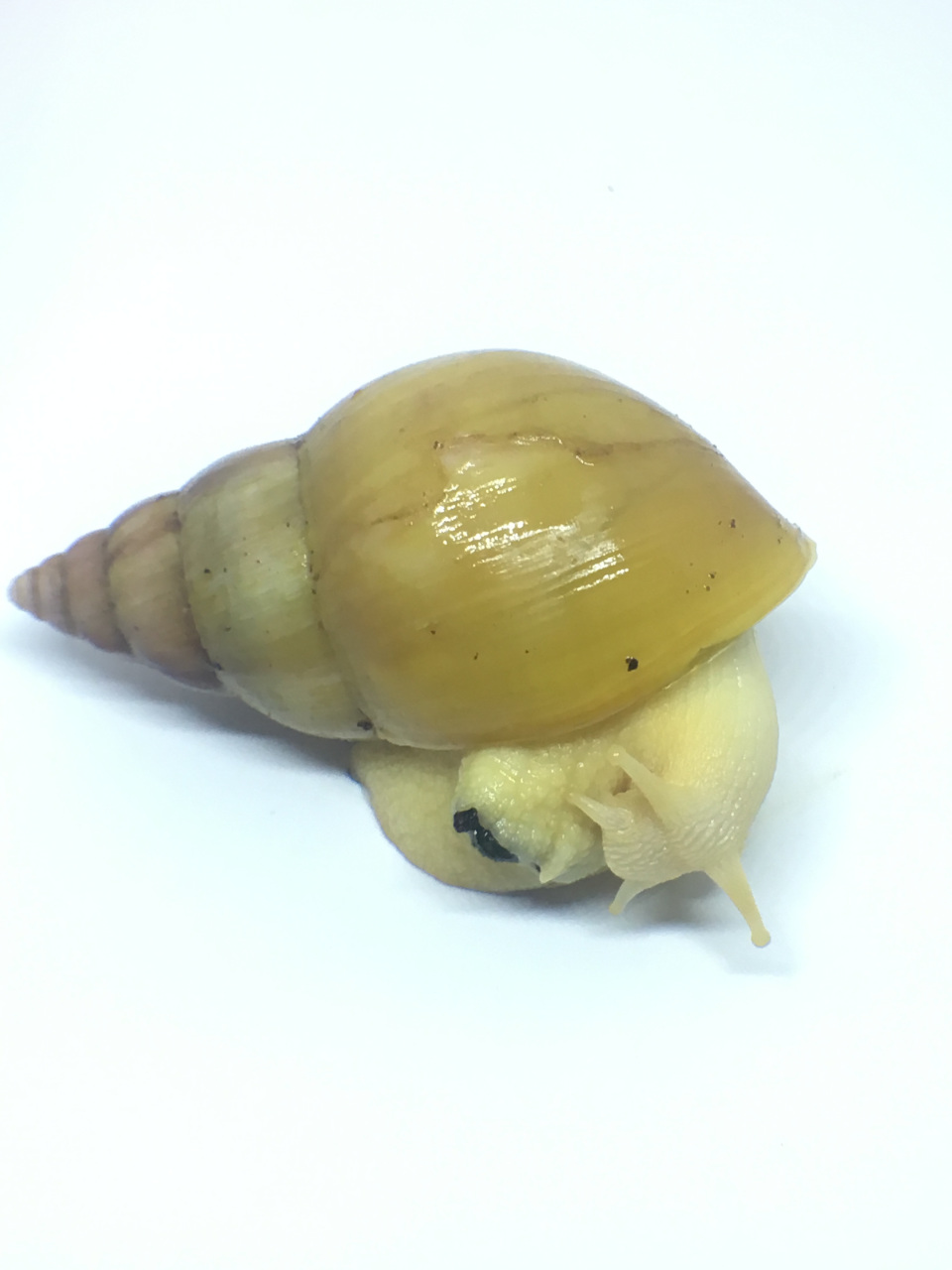
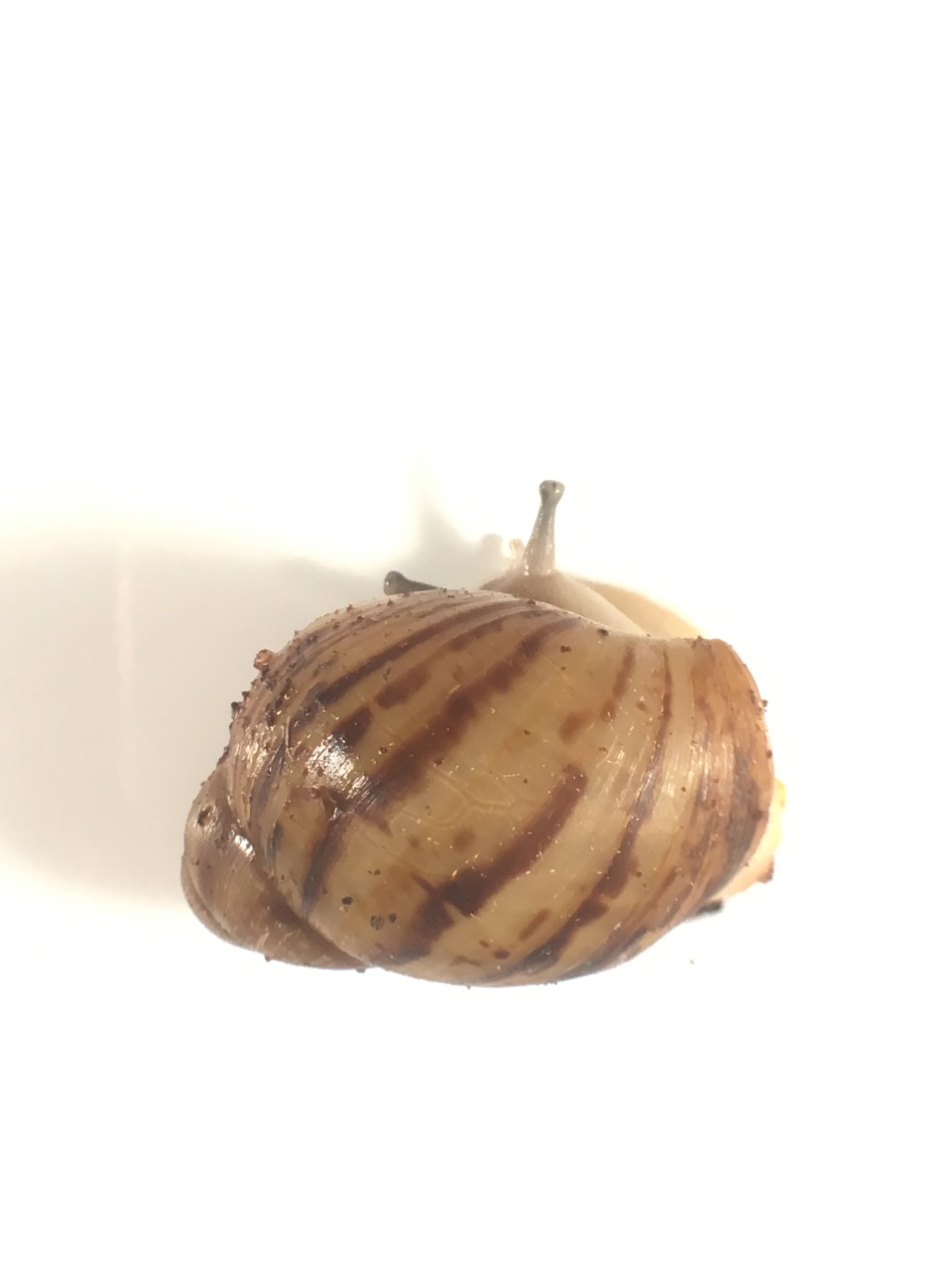



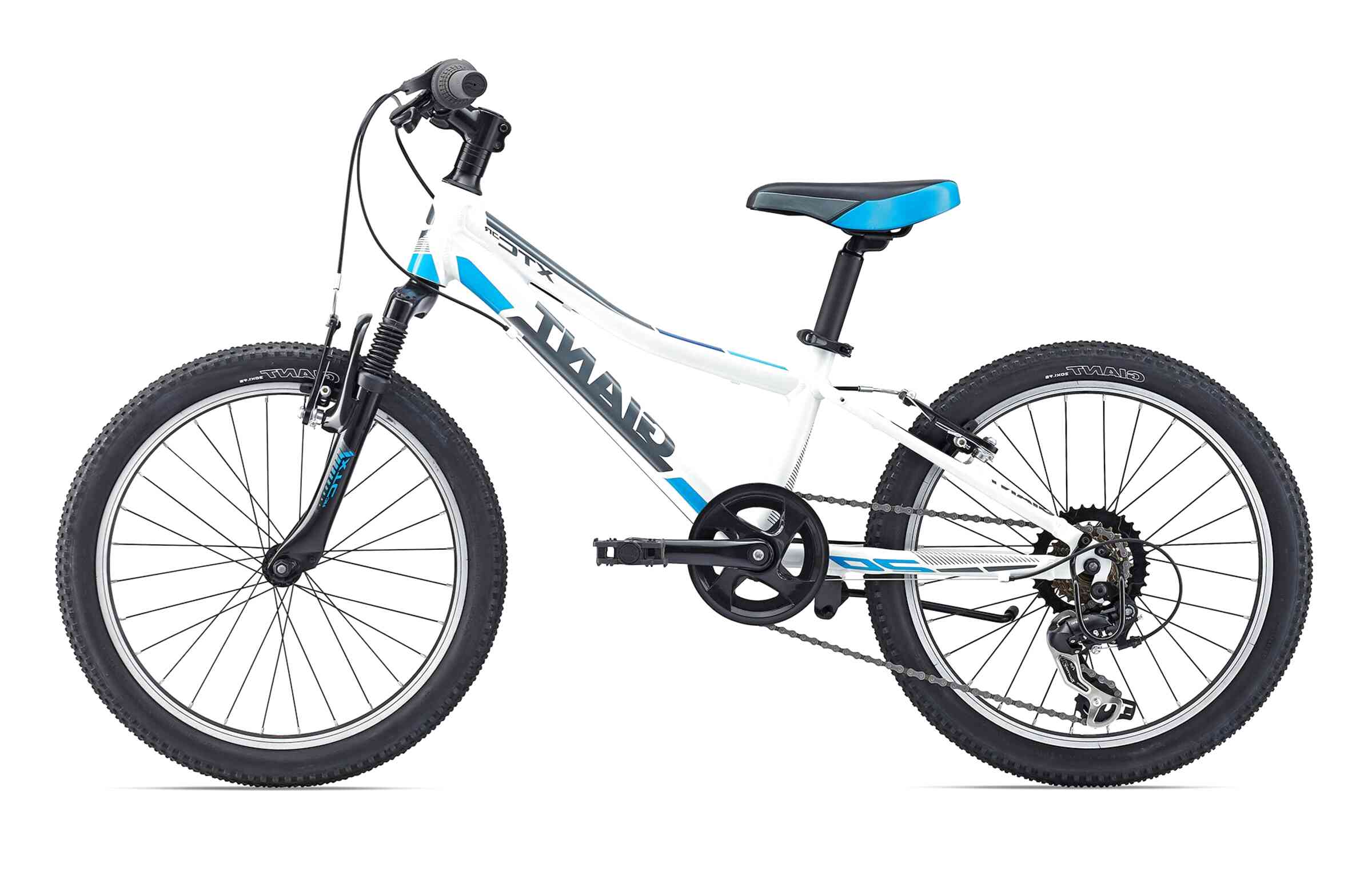






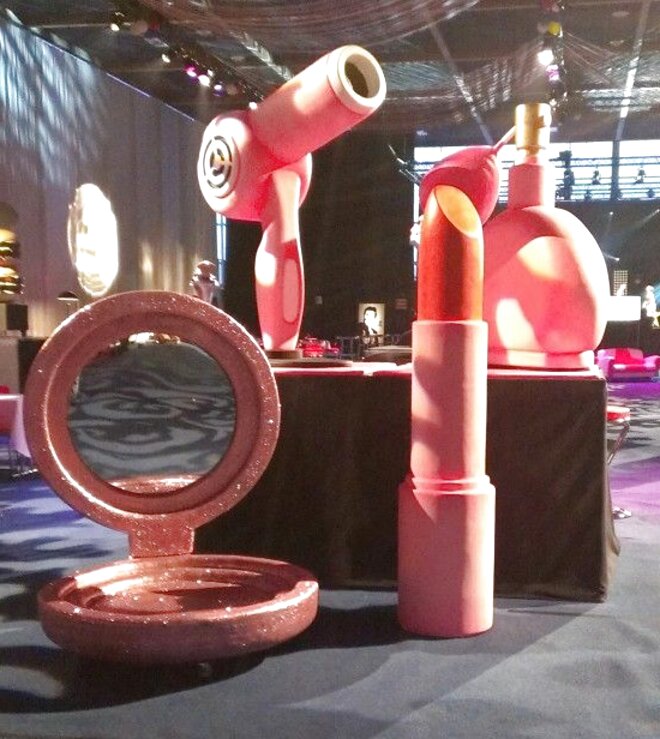





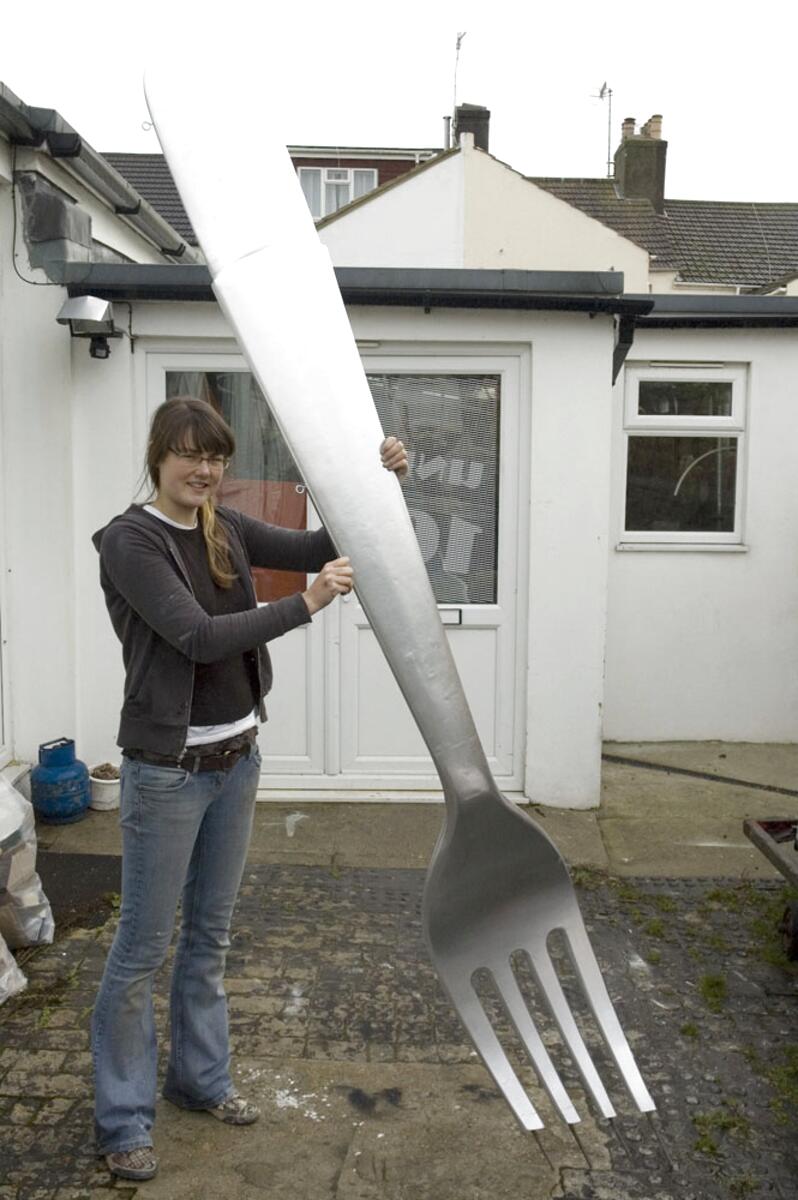


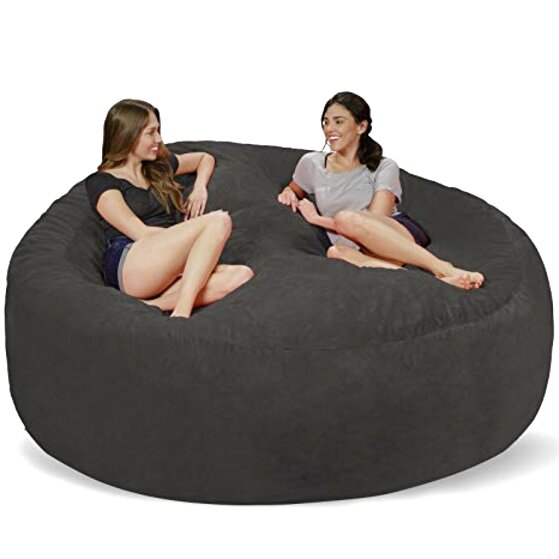


No comments:
Post a Comment
Note: Only a member of this blog may post a comment.